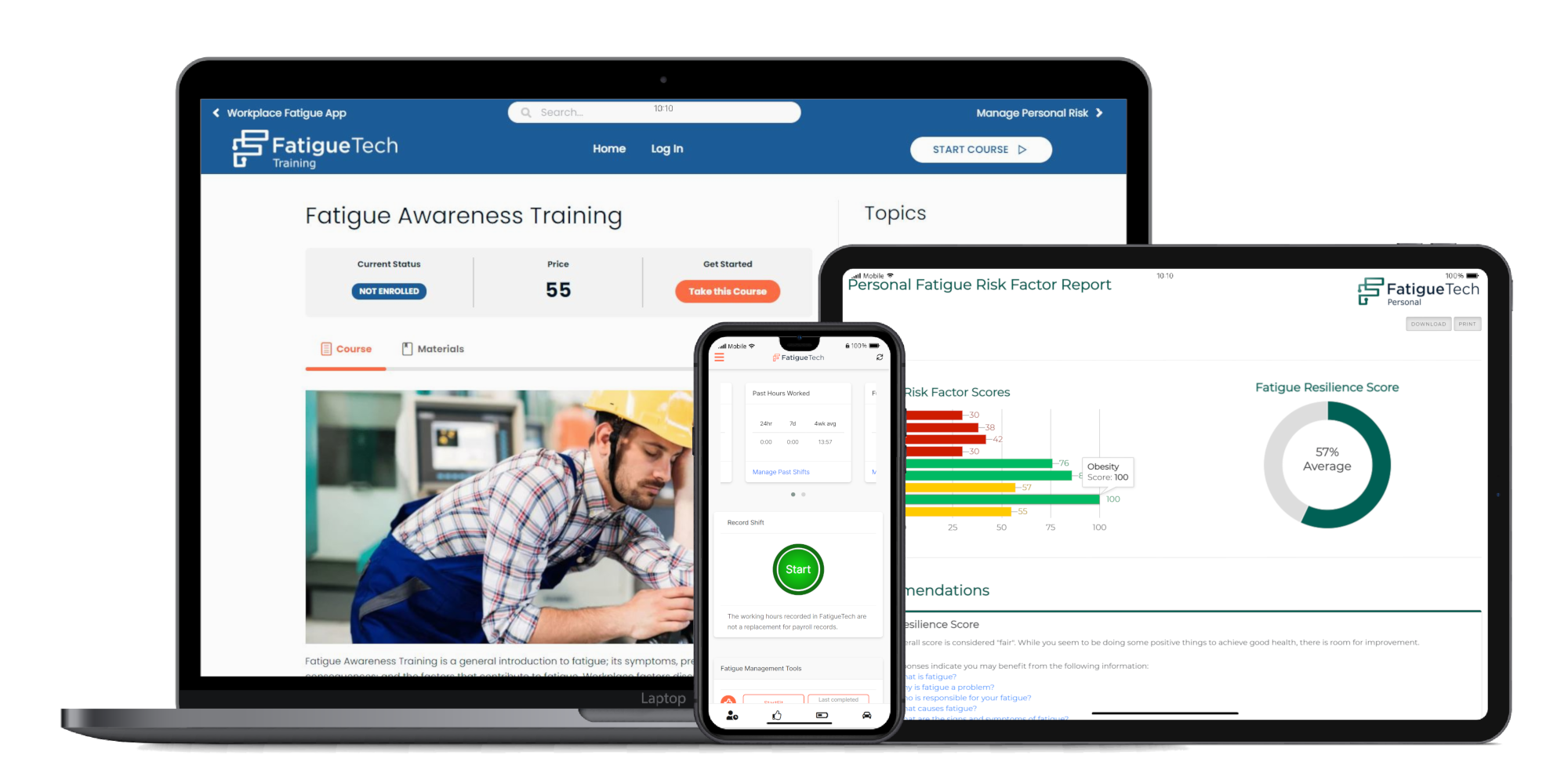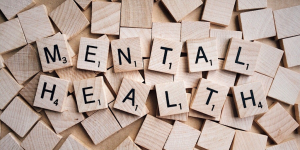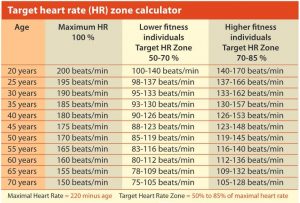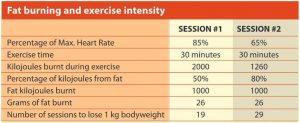Knowledge Centre
Search the library of resources and FAQs to help answer any fatigue questions or ask an expert any specific question you may have relating to the prevention and treatment of workplace or personal fatigue risks.
Topics
Intro to Fatigue
Develop a basic awareness of all the factors influencing an individuals risk of fatigue.
Sleep
Develop a basic awareness of all the factors influencing an individuals risk of fatigue.
Exercise
Develop a basic awareness of all the factors influencing an individuals risk of fatigue.
Mental Health
Develop a basic awareness of all the factors influencing an individuals risk of fatigue.
Nutrition
Develop a basic awareness of all the factors influencing an individuals risk of fatigue.
Journey Management
Develop a basic awareness of all the factors influencing an individuals risk of fatigue.
Family
Develop a basic awareness of all the factors influencing an individuals risk of fatigue.
FAQs
Develop a basic awareness of all the factors influencing an individuals risk of fatigue.
You currently don't have access to the full Knowledge Centre, Ask An Expert and Frequently Asked Questions. To access these features sign up today

Become a member
To gain access to the FatigueTech suite of products and services click Sign Up to begin your journey.
All fatigue resources
Anxiety and fatigue
While the symptoms of anxiety disorders change with the specific diagnosis, the common theme is an overwhelming sense of worry and the associated lack of concentration, feeling tired and irritable. To put it simply, anxiety is when you worry about being worried. Feelings of anxiety are common in certain situations throughout life. However, when people……
Read MoreMental illness. Causes and treatments
Causes of mood disorders The cause of stress, anxiety or depression is often difficult to determine and is usually a combination of social, situational and personal factors. Social factors may include relationships with family, friends or work colleagues, separation from family, divorce, employment status, working and living conditions, moving house or the loss of a……
Read MoreManaging mental health with your lifestyle
A healthy lifestyle is paramount for the treatment and prevention of mood disorders. Healthy lifestyle includes a combination of healthy eating, regular exercise and reduced alcohol consumption. Lifestyle changes help to relieve the symptoms and may even prevent mood disorders. Exercise The therapeutic benefits of exercise include boosting confidence and self-esteem, relieving muscular tension, promoting……
Read MoreTop tips for management mental health
Putting it all together Depression, anxiety and stress are major risk factors of fatigue. The good news is that they are all treatable conditions and many people overcome mood disorders through proactive management. However, there is no quick fix. Treatment of mood disorders often takes time and includes a combination of techniques to manage the……
Read MoreMealing timing and fatigue
Our bodies perform best when given a regular supply of food throughout the day rather than one large meal. This means that to start maximising your energy you need to have a good think about when you eat your meals, and how much you have. Once you find a good pattern of eating you will……
Read MoreMeal type and fatigue
It is often promoted that foods high in carbohydrate make you drowsy because they increase the uptake of the amino acid tryptophan by the brain. Tryptophan is a chemical that can work together with another important brain chemical called serotonin, to help promote a calming effect and sleepiness. Foods rich in protein, however, increase production……
Read MoreHydration
Your body needs adequate fluid and electrolytes in order to have any chance of feeling energised. If these needs are not met, then physical and mental fatigue will increase, as will the potential for incidents, accidents and health problems. Hot weather, particularly when or working or being physically active, in the heat puts greater demands……
Read MoreFitness levels
REGULAR PHYSICAL ACTIVITY leads to improved physical and functional (i.e. real-life, every day activities) fitness which has a major impact on reducing fatigue. This is because increasing fitness enables our bodies to operate more efficiently right throughout the day, which means our perceived effort to carry out daily activities is much less. If you do……
Read MoreGetting enough exercise
We’ve talked about all the benefits of physical activity, but how do we know your fitness is causing you to lack energy and feel fatigued? Ask yourself these questions: Do you breathe heavily after walking up a short flight of stairs?Do you need to take a break or rest if you walk for 1 hour?Are……
Read MoreAre you exercising hard enough?
A word of caution.If you have been inactive for a while, you may want to start with less strenuous activities such as walking or swimming at a comfortable pace. Beginning at a slow pace will allow you to become physically fit without straining your body. Once you are in better shape, you can gradually do……
Read MoreHow hard do I need to exercise to burn fat?
This is probably one of the most common questions people ask about exercise and weight loss; and the most poorly understood. The answer to this question comes down to the intensity and time you spend exercising. We burn two fuels simultaneously, carbohydrate and fat. However, the proportion of each that we burn varies depending on……
Read MoreShould burning fat kilojoules be my goal?
NO – burning energy whatever its source should be the major goal of exercise when trying to lose body fat. The reason is that 37,000 kilojoules of energy equals one kilogram of fat. So if we eat an extra 37,000 kilojoules in a week we would gain a kilogram and if we eat 37,000 fewer……
Read More











